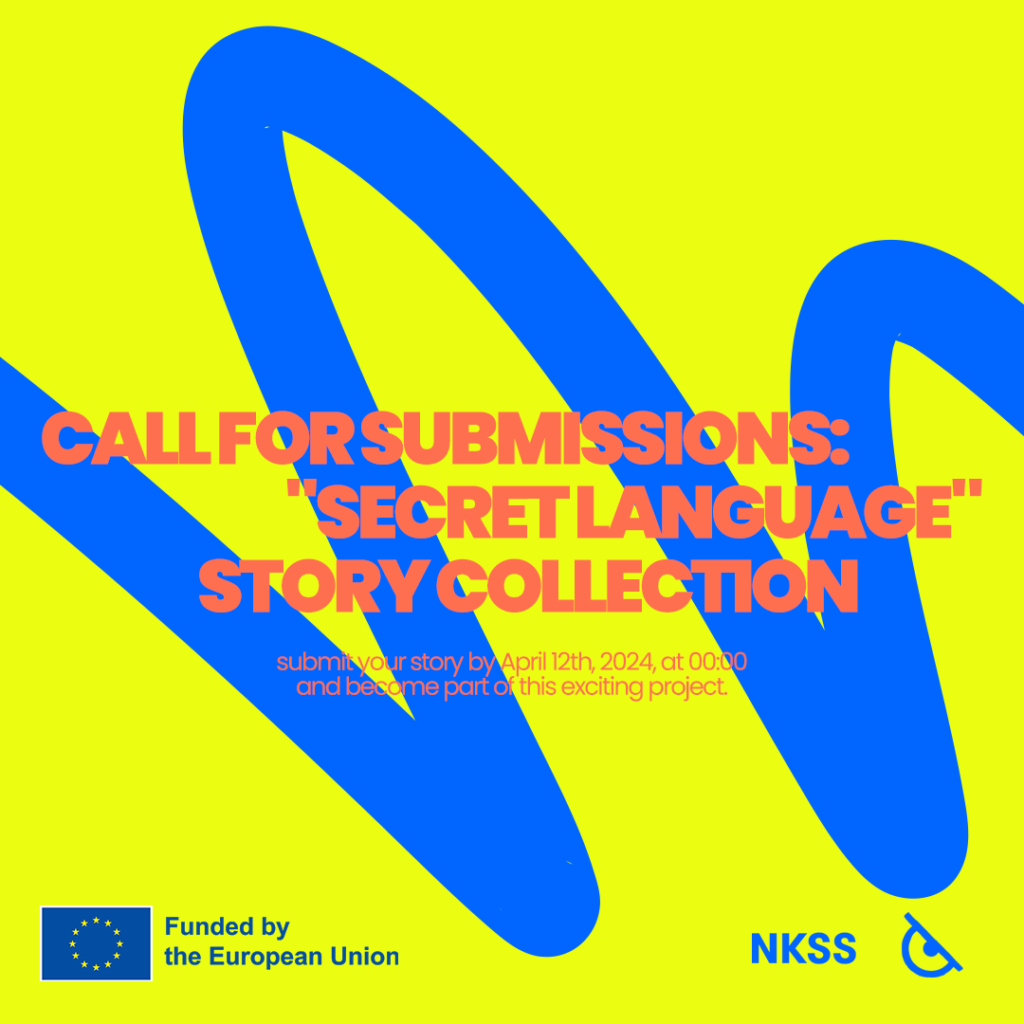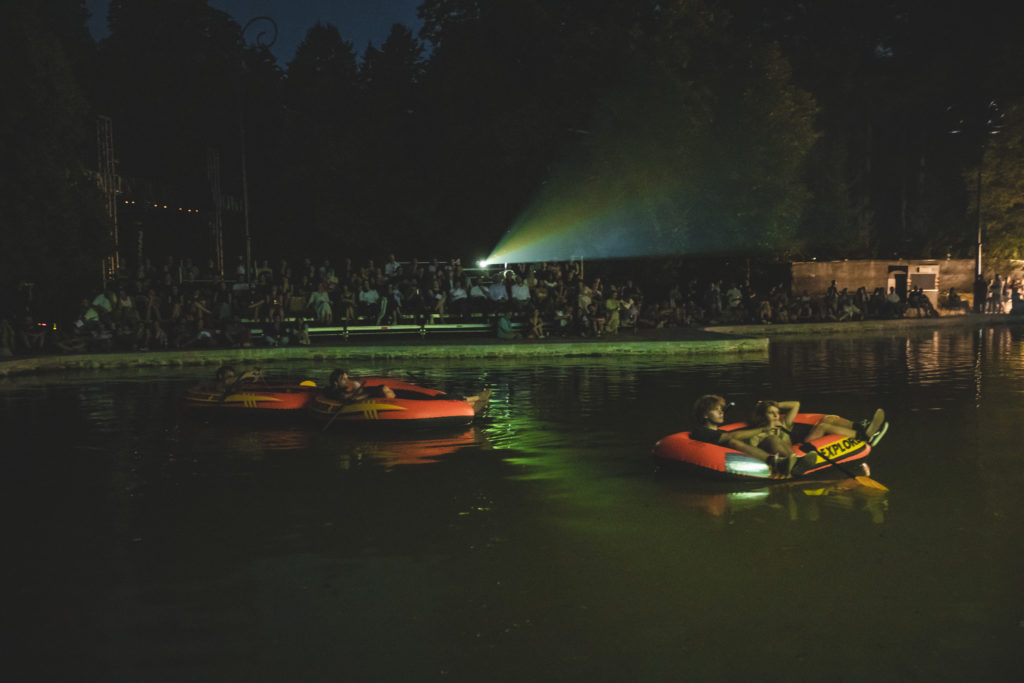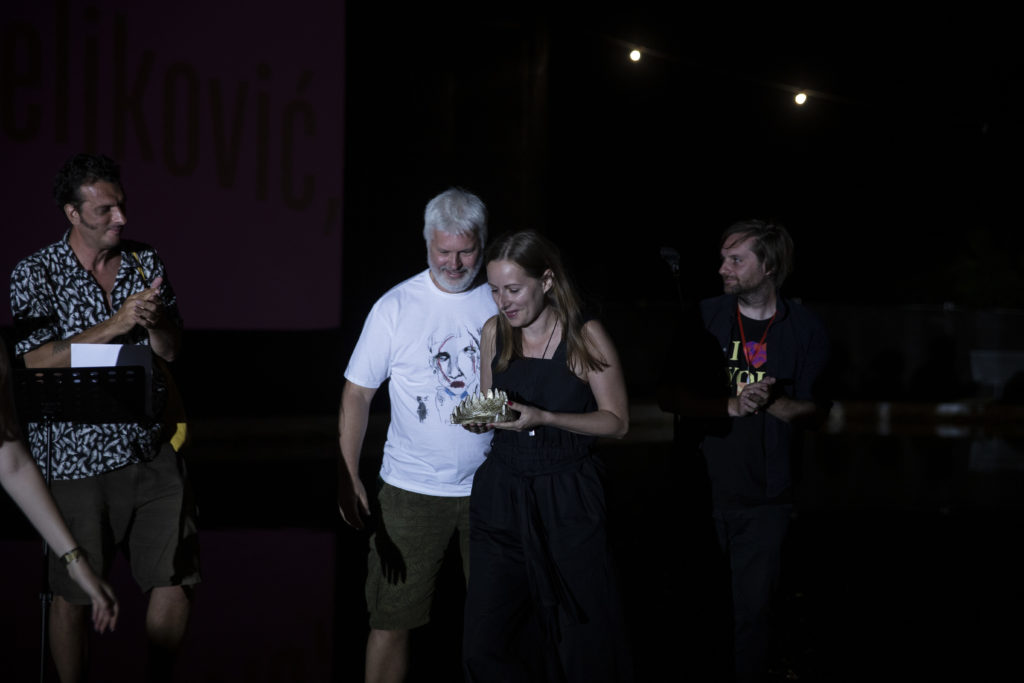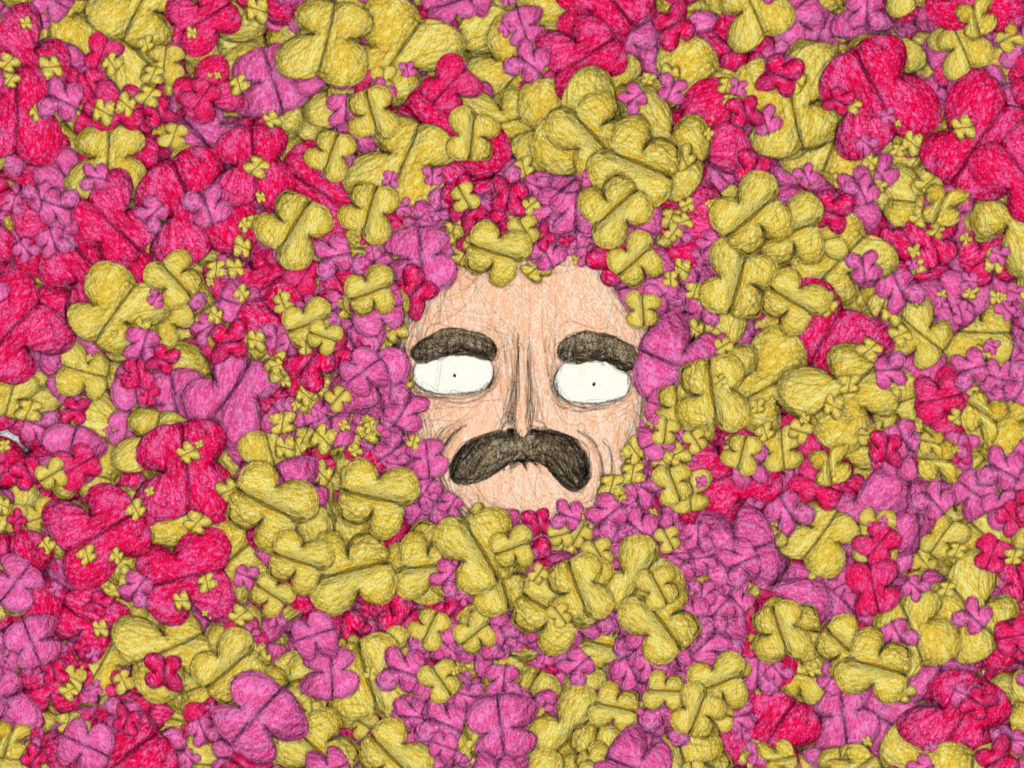Ibër Deari: International Competition IV
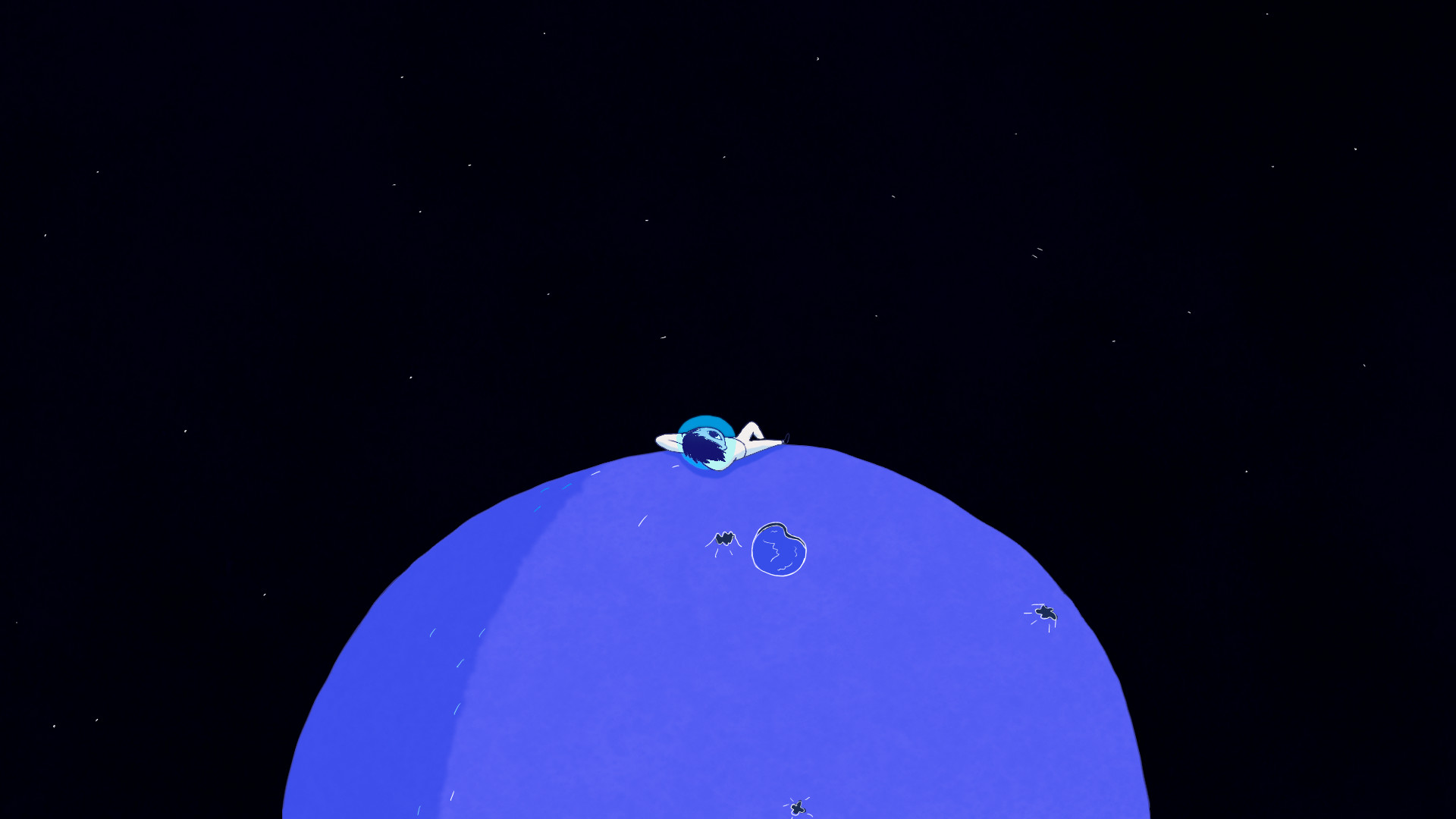
“The Chimney Swift” – Frédéric Schuld
A horrendous story about the enslaved children of the nineteenth century!
A few birds fly in the sky. A gloomy atmosphere. They see a large chimney that lets out a lot of smoke. The birds get inside the chimney and get stuck there. Down at the bottom of the chimney we see a child, a child trying to climb up to clean the chimney. He climbs high and there he meets the bird that is inside the chimney. Apparently, there is no turning back for either of them. Both the bird and the child are stuck in the chimney. Children dream of the freedom to fly high like birds and look at a world beyond their imagination, but not in this story. Here we have a dream or a freedom, which is trapped in a lengthy chimney. This short film by Frederic Schuld, tells the story of children in a not so good time, when they were forced to clean chimneys, or when they were captives of their masters. Here we see a daily routine, very gloomy and claustrophobic.
Young children and their little bodies were introduced to the world of chimney sweeping, as their own bodies enabled them and it was easier to do the job successfully. Children from the ages of 5 to 10 performed this very dangerous and obligatory work very successfully, while their master mistreated those who did not succeed. The other part is characterized by the narrator telling us the situations and routine of the chimney sweeps, the obligation of the children to become cleaners and the danger to their lives, as we once realize that the narrator is telling us about his past, confined in a circle that has no exit.
As much as he seeks freedom, like a bird that flies free in the sky, he remains trapped in the narrow chimney corridor, trapped and upset. Children cannot fly, as adults have cut off their wings. The animation is without spoken words, drawn with a charcoal-shaped pencil. The picture tells us a dark tale about the story of children sweeping chimneys, while as gloomy as the story is, in the picture we see the hope of going outside to see the light, as only a child can imagine.
“Purpleboy” – Alexandre Siqueira
When others decide for you!
“Is it a boy?” No, it’s a girl! I’m saying it’s a boy, you’ll see it’s a girl. “Boy – girl, boy – girl.” Thus, begins the film “Purpleboy” by Alexandre Siqueira, which talks about when others decide for us, who we are and what we will become?
In the film we see a father treating his child as a man and in the rest we see the mother treating her child as a girl. This child loses orientation. From the ground where it grows, it climbs high in the sky to fly freely, though its wings break and it falls deep into the dirty water. It does not even know how to swim, but it tries and struggles to get out of the dirty pond. The war continues even outside the pond, in search of identity and in search of self. This war is no small thing.
This is a story about Oscar, the child who grows up in her parents’ garden and no one knows about her gender, even though she claims to be male. But, will the Oscar be accepted by others as is?
The film touches on a very sensitive topic of gender identity problems. This is neither a simple nor a direct narrative, but from the beginning to the end, it is full of symbolism. It has a beautiful animation style, metaphorically illustrated to reflect the complexity and problem of identity, and it is so clear that the cry of a child in search of identity can be heard. The film also retains all of its symbolism: a garden-growing plant that is watered and cared for by both parents; defining the parents, dividing them according to gender where the father is presented as a wolf, while the mother as a chicken.
Every color, camera movement, objects that appear, the path that Oscar walks, the traps where he falls, are detailed in every coded point and talk about the political, social and societal problems that affect and create problems for gender identities.
Even though Oscar was born as a girl, the whole time we see her expressing her masculine part through the power, violence and harm done to her. In the end we are deeply connected to the struggle and pain that this child faces.
This film clearly shows that gender identity problems do not come from a defined gender or roles, but are more influenced from the outside.
“Listen Papa!” – Olga Poliektova & Tatiana Poliektova
“Listen father”, a letter that the boy with full hatred and love addresses to his father who was once his hero, who once believed in him a great deal, who was once everything to the boy, until one day he leaves him alone and all that remains towards the father is only hatred.
“I hate you father”, is how this short film starts, with much pain and emotion, evolving from “I hate you father” to “Listen to why I hate you”. His letter or confession that we hear through the narrator, shows us the doubt, despair and dilemmas that the boy who once adored his father, today has as burdens that come to him in the form of hatred and suffering.
One day the father reads in the newspaper how an Englishman had broken a record by swimming through the English Channel and thanks to fame had received many gifts and praise from many people in his country.
The father dreamed of being something like that, that people would love him, talk about him and he would become famous in his country. That was enough for the father to decide to break the Englishman’s record. Therefore, he decides to swim from Batumi to Poti, which was twice as long as the English Channel. However, the father did not have the fate of the Englishman and no one supported him except his wife and son.
Alone, along the way he faces many difficulties. We see him sink a few times, and then we no longer see him. We do not know if he has reached the end or if he has returned. Then we see the boy running happily in the city and realize that his father is back. However, no one believes that the father swam so much and they all start calling him a liar.
The father becomes depressed and one day after much suffering and torment he dies. After him, the mother also dies. So the boy remains lonely, oppressed by others and never approaches the water again. The boy begins to hate the father who had left him alone in this horrible and humiliating life.
After a long time, the boy meets a girl and falls in love with her, but still holds anger and hatred towards his father. One day he enters the sea and while swimming, a whale appears to him. From her, we hear the voice of the father, apologizing to the son. Thus, his girlfriend motivates him to swim the route that his father failed to. Therefore, he decides to take this big step, to challenge his father.
The route that the son takes does not differ at all from that of the father and has the same difficulties and pains. No matter how much he surrenders during the swim, his father’s voice helps him keep going. The boy reaches the target and realizes that his father had crossed all this way and that had not lied to anyone.
Realizing this, the boy apologizes to his father, while the narration ends with “I love you father”. This film emphasizes that wherever our parents are, they are always with us, within us!
“And Yet We Are Not Super Heroes” – Lia Bertels
As we strive to teach our children everything about life, our children teach us what life is all about!
An animated film directed by Lia Bertles brings interesting stories from little philosophers, with a very beautiful atmosphere and music that makes you relax your soul by listening to children and in many cases even ourselves when we were little.
Little philosophers share their thoughts in a long route where they talk about everything; a wonderful imagination with different themes that only children can talk about.
It takes time to grow, and sometimes everyone has wondered if it is worth growing up or staying small, honest, and big-hearted forever? Children have the patience to move slowly at their own pace, while growing up they ask questions and invent their own answers using only imagination.
In this film, different voices of children are heard and the film describes the journey of childhood imagination from a cartoon called “Road Movie”. A journey full of surprises, doubts and joys.
The film begins with a conversation between a child and an adult where the child’s answers are very sincere. Their imaginations between fantasy and reality are very close, although they do not want to be in a film where there are wars. They seek to get out of those films and to continue the journey and wander in their imagination between the planets, roads and the universe…
One of the kids wants to become an electrician as he wants to do things that are more technical. He finds happiness and fun in connecting wires to turn on the light. They are in search of light – darkness bothers them. Light is the world and everything seen is beautiful for children.
An ant with a baby voice tells us that when we are little we always wonder why the world is big, whereas when we grow up we wonder why the world is small, then we continue to communicate and discuss about planets as well. We will all grow up one day, all the children will get older, however it is never clear for an ant when it is old and when it is not?
Their adventures continue on a path of no return, until they all grow up.
“The Passerby” – Pieter Coudyzer
“I’m waiting for you Thomas, where are you, answer me?!” – A dark love story, where the girl waits for the boy who never shows up. A casual passerby sees the tragic event that happens to Thomas. The girl does not know, and the passer-by understands their painful story.
A beautiful sunny day, Thomas is not woken up by the alarm but by his mother. The scene opens with Thomas’s eyes, eyes full of radiance and love. As much as Thomas tries to concentrate on his tasks, he has a drawing on the table, which is the most beautiful portrait that he takes with him wherever he goes. The beautiful eyes of a girl named Karen distract her.
Meanwhile, the phone rings, and it is Karen who invites him to go out together. Thomas gets ready and the date is set at the bus stop. Thomas takes his bike and leaves happily to meet Karen. Along the way, the wheel of his bike spins very fast. We focus there as if we see the world revolving around its axis, but something unexpected happens.
A car hits Thomas. His life stops, and the bike’s wheel does not spin. It stops along with Thomas’s life in this world. Nevertheless, the camera does not stop and continues to go forth, as it was only Thomas’s life that ended – while others continued to live, with an uninterrupted frame, the same as life. The camera continues and goes to the bus stop, where the meeting between Thomas and Karen was supposed to take place.
However, at the bus stop there is the house of another person’s. It is the house of the boy on the bicycle, or as we know him, as a passerby. He leaves the house, takes the bicycle and heads in the direction from where Thomas was coming. We now see the whole event through this passerby. We see what Thomas has shown us before and what now remains only as his past in this world.
People, police, ambulances, and family members have gathered. It has become such a mess that even the sky is broken and it starts to rain. From a love, a great pain was created. Everything has changed. A love story ended where the bicycle wheel stopped, while another story continues with the passerby’s bicycle. The wheel of the passerby’s bicycle continues to spin fast. After the passerby returns home, he sees a girl waiting at the bus stop outside his house, it is Karen at the place where she had left her date with Thomas, but Thomas is no more, and Karen is waiting for him alone, without knowing what happened to Thomas…
The passer-by feels upset as we see despair and sadness in his eyes. These two boys who had nothing in common, now for them nothing would be the same.
This very simple story but conceived in a very special form, detailed in every point and from every angle and every character, but also the music of this film which is the voice, life and love, emotion and pain, ends with pain like that as every life ends!
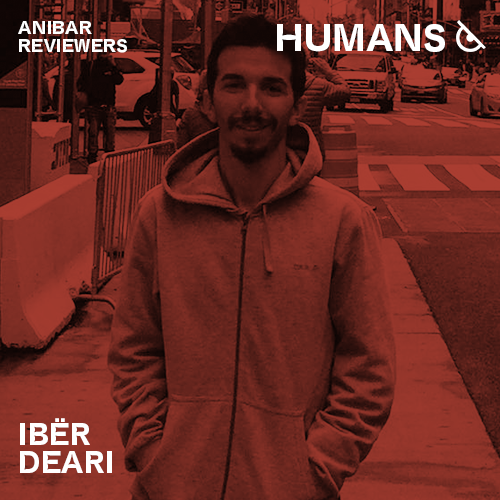
Ibër Deari biography:
Ibër Deari is director, producer, born in 1990, in Macedonia. He is, known for his award-winning movies: My City Screams (2015), Toka (2016), A long way Home (2017). He has also written and directed a number of short fictional and documentary videos. Ibër Deari studied Film School at the University of Audiovisual Arts “ESRA” in Skopje.He graduated in 2013 with the film “Last Confession”. Deari earned his Master of Arts in the Department of Film Direction with the film “Toka” (Land) and thesis “To Film or Not to Film”. Ibër Deari is the winner of numerous prestigious international awards including Best Artist in Macedonia from Milingona e Artë; the Audience Award for Best Film for “Last Confession” at New York Albanian Film Week in Manhattan and winner of “Excellence in Leadership Award” at the International Filmmaker Festival of New York in Manhattan.
-The opinions, findings, and conclusions or recommendations expressed herein are those of the Author(s) and do not necessarily reflect those of the Anibar Festival
